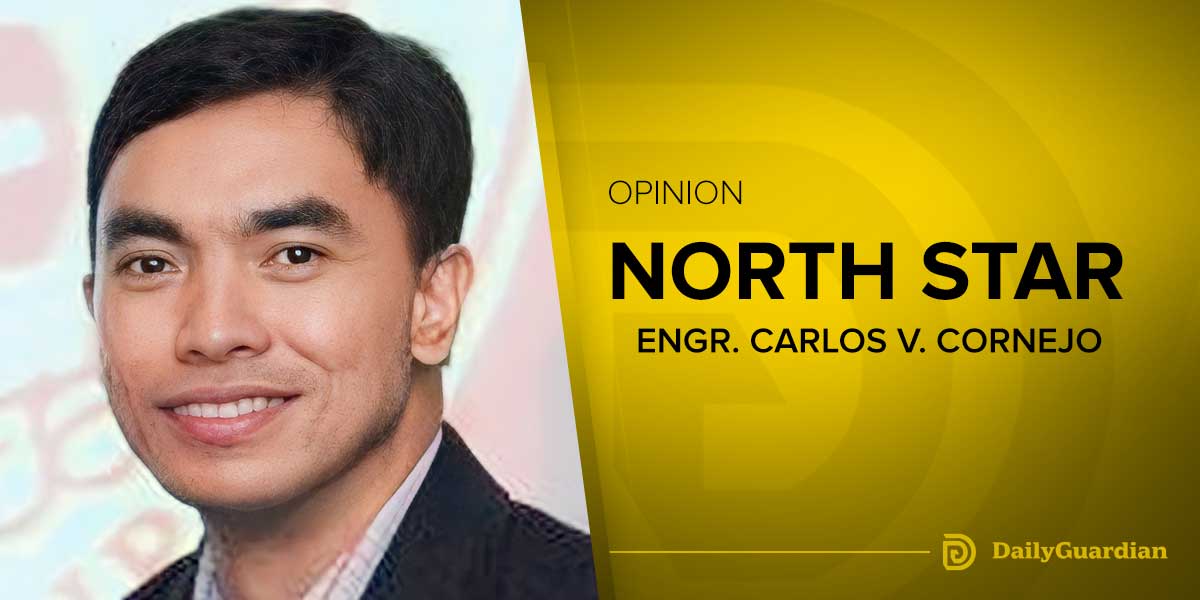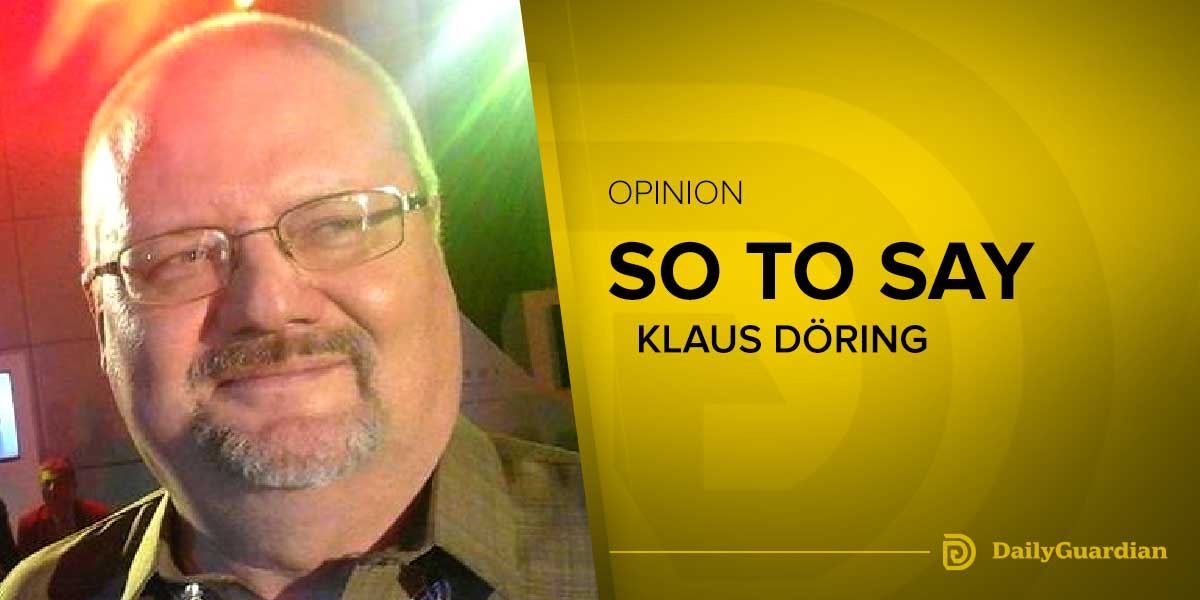By Atty. Anfred P. Panes
The 2022 national elections campaign period officially kicked-off last February 8, 2022. Proclamation rallies simultaneously took place in strategic areas all over the country which subsequently launched a more dynamic, engaging, and discursive political climate. Nevertheless, the grassroots’ voices behind the rallies are not equally situated.
The citizenry in the private sector enjoys political expression as a blanket opportunity provided it is within the bounds of laws and statutes. However, for the officers and employees of the civil service, there is a constitutional prohibition on their engagement, directly or indirectly, in any “electioneering” or “partisan political activity” as enshrined in Section 2 (4), Article IX-B of the Philippine Constitution. Engagement in partisan political activity includes acts designed to promote the election or defeat of a particular candidate to a public office.
In the 2010 case of Quinto and Tolentino v. Commission on Elections (COMELEC), G.R. No. 189698, the same import of constitutional injunction was pronounced by the Supreme Court with reference to the provision of Chapter 7 and Section 55 of the Administrative Code against partisan and electioneering activities. However, as a sublime exception, the law should not be understood to prevent any officer or employee from expressing his or her views on current political problems or issues, or from mentioning the names of his candidates for public office whom he or she supports.
Also, as an exception to this prohibition, public officers and employees holding political offices, such as the office of the President, Vice President, cabinet members, and elective local officials, excluding barangay officials, may take part in political and electoral activities provided that they do not solicit contributions from their subordinates or subject them to any of the prohibited acts as enumerated under the Election Code. In conjunction with this, the Civil Service Commission (CSC) and the COMELEC issued the Joint Circular No. 001, s.2016, to remind public servants of their rights and limitations within the purview of political expression.
While the democratic impulse is constantly engaging and activating the populace, we need to be reminded of our legal and moral duty to vote not only for ourselves but for the generation who will experience the choice of the present. Although the choice of person is not definitive of one’s humanity, it is, at the very least, a close approximation of one’s individual sensibilities. Your choice is a reflection of how much you have learned from the mistakes of the past, as well as a reflection of the general trajectory of your current moral compass.
This constant reminder still stands. Let us never forget the vestiges of the cruel past. The command of the majority does not always translate to the best interest of the general welfare when there is systematic control and manipulation. Nonetheless, we still acknowledge that we are starting a ripple of correctly informed political consciousness to elect a leader who can champion the essence of democracy, human rights, rule of law, and competence in governance.
Among our roster of presidential aspirants, we still see a small ray of hope in breaking the machismo glass ceiling in the Chief Executive post. Incidental to the intersectionality of gender and leadership, we must come to accept that the Presidency is no longer confined to men, because the “last man standing” among all Presidentiables can surprisingly be a woman.
The author is the Founding Partner of A. Panes Law and a Professorial Lecturer of the USA College of Law.























